And just in time for Christmas!
Featuring 85 contributions from over 100 leading academics and emerging scholars, this free publication captures the immediate thoughts, reflections and early research insights on the 2019 UK General Election from the cutting edge of media and politics research.
Published just 10 days after the election, these contributions are short and accessible. Authors provide authoritative analysis of the campaign, including research findings or new theoretical insights; to bring readers original ways of understanding the election and its consequences. Contributions also bring a rich range of disciplinary influences, from political science to cultural studies, journalism studies to geography.
The publication is available as a free downloadable PDF, as a website and as a paperback report.
Website URL: http://www.electionanalysis.uk
Direct PDF download: http://eprints.bournemouth.ac.uk/33165/7/UKElectionAnalysis2019_Jackson-Thorsen-Lilleker-and-Weidhase_v1.pdf
Thanks to all of our contributors and production staff who helped make the quick turnaround possible. We hope it makes for a vibrant and engaging read!
1. Delusions of democracy
Natalie Fenton
2. What’s the election communication system like now?
Jay Blumler
3. The rules of the campaign found wanting
Alan Renwick
4. Sorry, not sorry: hubris, hate and the politics of shame
Karen Ross
5. The “coarsening” of campaigns
Dan Stevens, Susan Banducci, Laszlo Horvath and André Krouwel
6. Online hate and the “nasty” election
Helen Margetts and Bertie Vidgen
7. GE2019 was not a Brexit election: trust and credibility, anti-politics and populism
Matt Flinders
8. The online public shaming of political candidates in the 2019 General Election
Mark Wheeler
9. Strategic lying: the new game in town
Ivor Gaber
10. Fact-checkers’ attempts to check rhetorical slogans and misinformation
Jen Birks
11. The election where British fourth estate journalism moved closer to extinction
Aeron Davis
12. Rethinking impartiality in an age of political disinformation
Stephen Cushion
13. Fake news, emotions, and social media
Karin Wahl Jorgensen
14. Unleashing optimism in an age of anxiety
Candida Yates
15. Boris’s missing women
Jessica Smith
16. An expected surprise? An evaluation of polls and seat forecasts during the campaign.
Matt Wall and Jack Tudor
17. Unprecedented interest or more of the same? Turnout in the 2019 election
Ron Johnston and Charles Pattie
18. Cartographic perspectives of the 2019 General Election
Benjamin Hennig
19. Tactical voting advice sites
Chris Hanretty
20. Another election, another disappointment: Young people vote left and are left behind at GE2019
James Sloam and Matt Henn
21. Divided we fall: Was Nigel Farage the kingmaker of the Johnson victory?
Pippa Norris
22. A renewed electoral pitch for independence in Wales
Siim Trumm
23. “It’s the constitution, eejit”: Scotland and the agenda wars
Michael Higgins
24. Gender takes to the shade in Scotland
Fiona McKay
25. The election in Northern Ireland: A route back to Stormont?
Jonathan Tonge
26. ‘Remain alliance’ win the BBC Northern Ireland Leaders’ debate (online at least)
Paul Reilly
27. Something old, something new, something borrowed, something EU
Russell Foster
28. ‘Weak and wobbly’ to ‘get Brexit done’: 2019 and Conservative campaigns
Anthony Ridge-Newman
29. Conservative victories in Labour heartlands in the 2019 General Election
Peter Reeves
30. Corbyn and Johnson’s strategic narratives on the campaign trail
Pawel Surowiec, Victoria Copeland and Nathan Olsen
31. More Blimp, less Gandhi: the Corbyn problem
Darren Lilleker
32. The Media and the Manifestos: why 2019 wasn’t 2017 redux for the Labour party
Mike Berry
33. Down a slippery rope… is Britain joining the global trends towards right-wing populism?
Mona Moufahim
34. The Brexit Party’s impact – if any
Pete Dorey
35. Farage: Losing the battle to win the war
Pippa Norris
36. Party election broadcasts … Actually?
Vincent Campbell
37. GE 2019: lessons for political branding
Jenny Lloyd
38. The postmodern election
Barry Richards
39. The uses and abuses of the left-right distinction in the campaign
Jonathan Dean
40. Entitlement and incoherence: Centrist ‘bollocks’
Matthew Johnson
41. Brexit doesn’t mean Brexit, but the pursuit of power
Thom Brooks
42. What ever happened to euroscepticism?
Simon Usherwood
43. Immigration in the 2019 General Election Campaign
Kerry Moore
44. Immigration in party manifestos. Threat or resource?
Elena-Alina Dolea
45. Foreign policy in the 2019 election
Victoria Honeyman
46. Post-Brexit ‘Global Britain’ as the theatre of the New Cold War
Roman Gerodimos
47. The Rorschach Election: How the US narrates UK politics
Victor Pickard
48. If everyone has a mandate…surely nobody has a mandate?
Mark Shephard
49. The climate election that wasn’t
David McQueen
50. Is this a climate election (yet)?
Jenny Alexander
51. Movement-led electoral communication: Extinction Rebellion action and party policy in the media
Abi Rhodes
52. Digital campaign regulation: more urgent than ever?
Kate Dommett and Sam Power
53. Did the Conservatives embrace social media in 2019?
Richard Fletcher
54. #GE2019 – Labour owns the Tories on Instagram, the latest digital battlefield
Matt Walsh
55. Spot the difference: how Nicola Sturgeon and Jo Swinson self-represented on Twitter
Sally Osei-Appiah
56. “Go back to your student politics”? Momentum, the digital campaign, and what comes next
James Dennis and Susana Sampaiao Dias
57. Taking the Tube
Alec Charles
58. The politics of deletion in social media campaigns
Marco Bastos
59. “Behind the curtain of the targeting machine” – Political parties A/B testing in action
Tristan Hotham
60. Against opacity, outrage & deception in digital political campaigning
Vian Bakir and Andrew McStay
61. The explosion of the public sphere
Martin Moore and Gordon Ramsay
62. Big chickens, dumbfakes, squirrel killers: was 2019 the election where ‘shitposing’ went mainstream?
Rosalynd Southern
63. Time to fix our TV debates
Nick Anstead
64. What was all that about, then? The media agenda in the 2019 General Election
David Deacon et al
65. Pluralism or partisanship? Calibrating punditry on BBC2’s Politics Live
James Morrison
66. Hero and villain: the media’s role in identity management
Jagon Chichon
67. Traditional majoritarian conceptions of UK politics pose a dilemma for the media in elections
Louise Thompson
68. #GE2019: A tale of two elections?
Aljosha Karim Schapals
69. Boxing clever: negotiating gender in campaign coverage during the 2019 General Election
Emily Harmer
70. Press distortion of public opinion polling: what can, or should, be done?
Steve Barnett
71. The final verdict: patterns of press partisanship
Dominic Wring and David Deacon
72. The class war election
Des Freedman
73. An uncertain future for alternative online media?
Declan McDowell-Naylor and Richard Thomas
74. Tune in, turn away, drop out: Emotionality and the decision not to stand
Beth Johnson and Katy Parry
75. Last fan standing: Jeremy Corbyn supporters in the 2019 General Election
Cornel Sandvoss
76. Linguistic style in the Johnson vs Corbyn televised debates of the 2019 General Election campaign
Sylvia Shaw
77. Order! Order! The Speaker, celebrity politics and ritual performance
Marcel Broersma
78. What is Boris Johnson?
John Street
79. Creating Boris: Nigel Farage and the 2019 election
Neil Ewen
80. Boris the clown – the effective performance of incompetence
Lone Sorensen
81. Political humour and the problem of taking Boris seriously
Andrew Glencross
82. Joking: uses and abuses of humour in the election campaign
Sophie Quirk, Tom Sharkey and Ed Wilson
83. The problem with satirising the election
Allaina Kilby
84. Sounding Off: music and musicians’ interventions in the 2019 election campaign
Adam Behr
85. Stormzy, status, and the serious business of social media spats
Ellen Watts

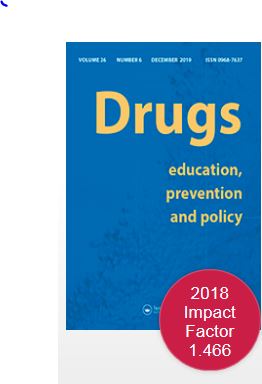
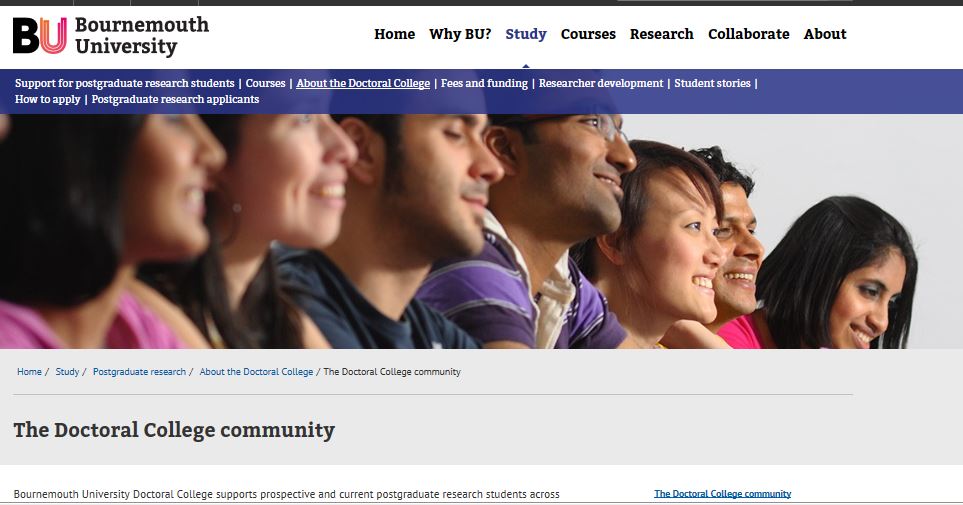
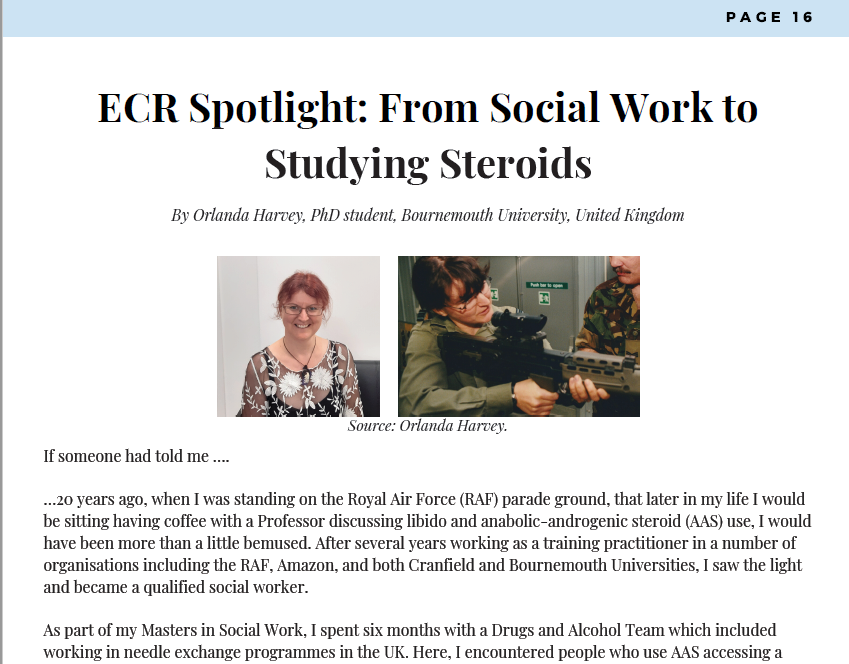
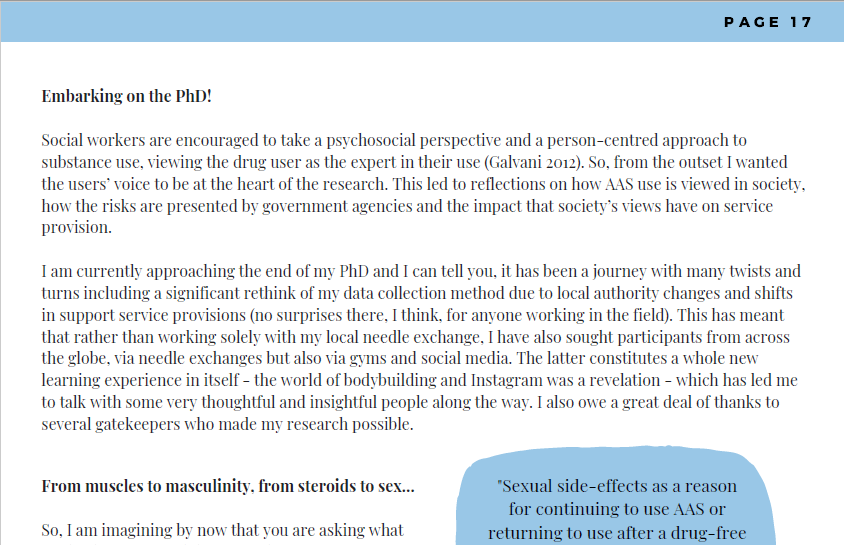
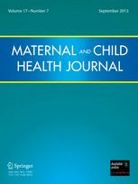

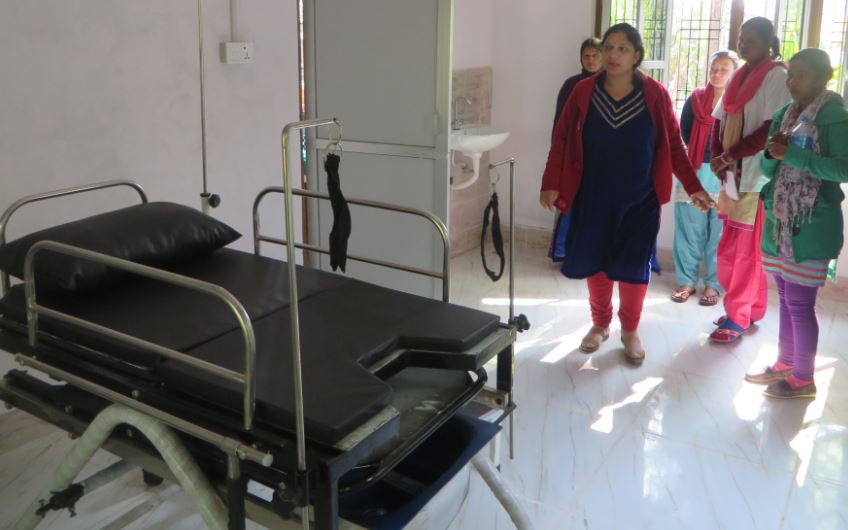
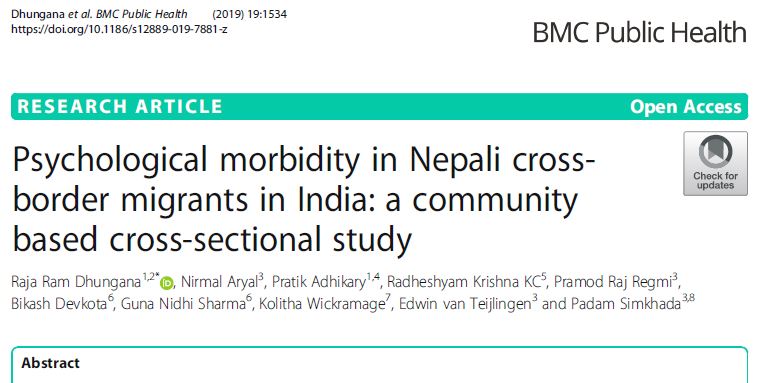



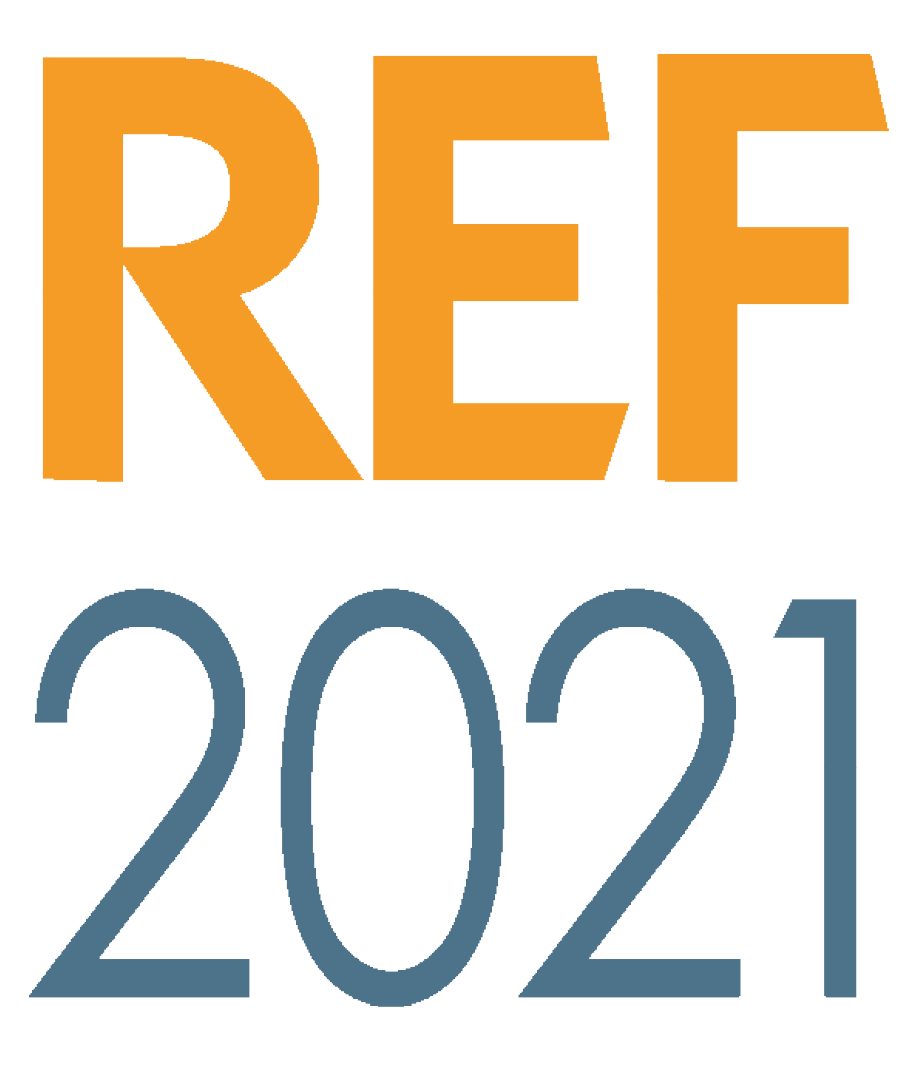
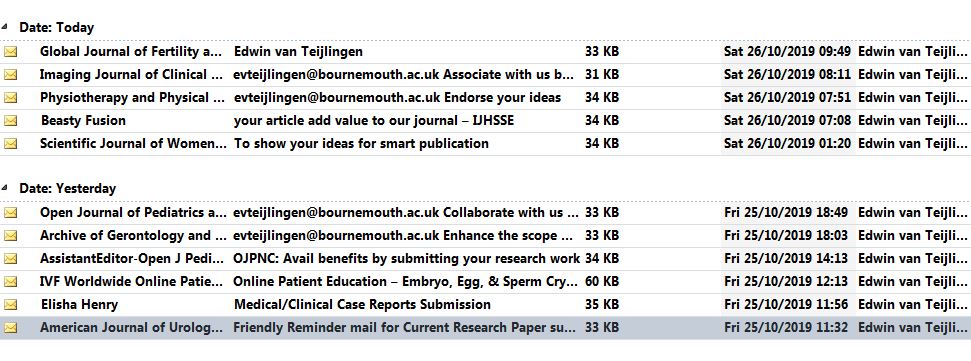


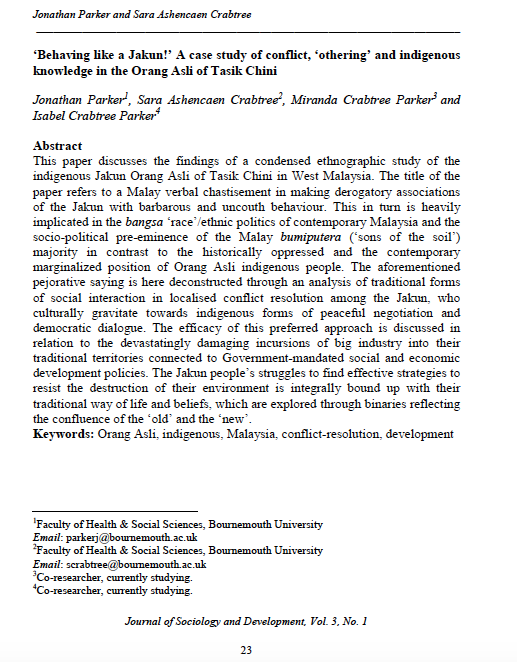

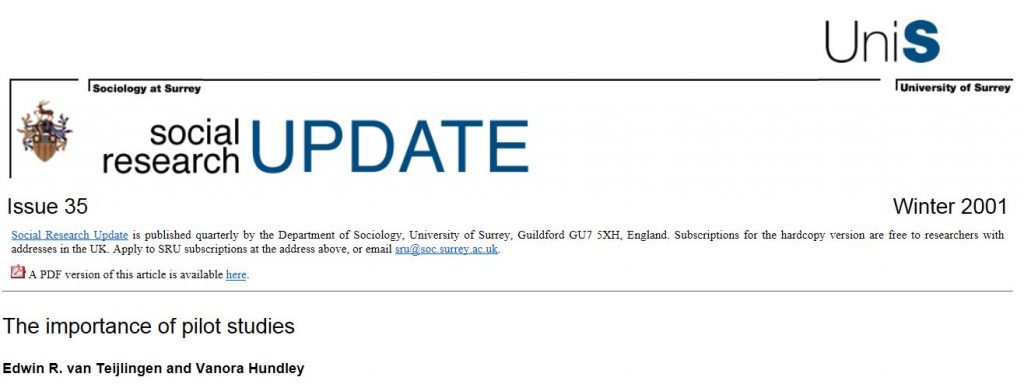


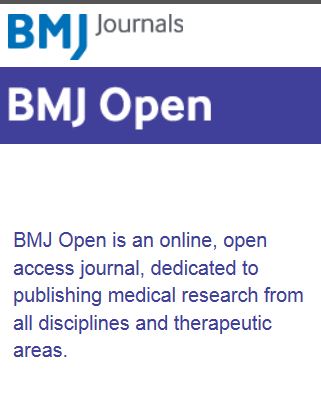
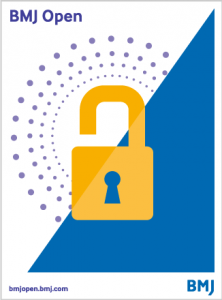













 From Sustainable Research to Sustainable Research Lives: Reflections from the SPROUT Network Event
From Sustainable Research to Sustainable Research Lives: Reflections from the SPROUT Network Event REF Code of Practice consultation is open!
REF Code of Practice consultation is open! BU Leads AI-Driven Work Package in EU Horizon SUSHEAS Project
BU Leads AI-Driven Work Package in EU Horizon SUSHEAS Project Evidence Synthesis Centre open at Kathmandu University
Evidence Synthesis Centre open at Kathmandu University ECR Funding Open Call: Research Culture & Community Grant – Apply now
ECR Funding Open Call: Research Culture & Community Grant – Apply now ECR Funding Open Call: Research Culture & Community Grant – Application Deadline Friday 12 December
ECR Funding Open Call: Research Culture & Community Grant – Application Deadline Friday 12 December MSCA Postdoctoral Fellowships 2025 Call
MSCA Postdoctoral Fellowships 2025 Call ERC Advanced Grant 2025 Webinar
ERC Advanced Grant 2025 Webinar Update on UKRO services
Update on UKRO services European research project exploring use of ‘virtual twins’ to better manage metabolic associated fatty liver disease
European research project exploring use of ‘virtual twins’ to better manage metabolic associated fatty liver disease